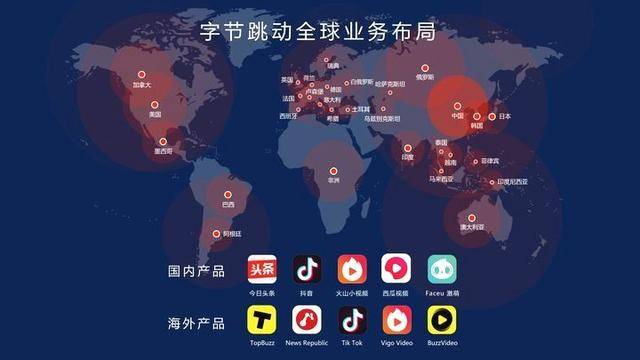Title: PLC Controller Grounding Reasons and Importance
PLC controllers play a crucial role in industrial automation, but they are also complex systems that require careful installation and maintenance. One of the most important aspects of PLC controller installation is grounding, which ensures the safety and reliability of the system.There are several reasons why grounding PLC controllers is crucial. Firstly, it protects the system from electrical surges and lightning strikes, which can cause significant damage or even destroy the controller. Secondly, grounding helps to reduce electromagnetic interference (EMI), which can affect the performance and stability of the system. By grounding the controller, EMI is diverted away from the system, ensuring it operates as intended.Moreover, grounding PLC controllers is also important for safety reasons. If the system were not properly grounded, there could be a risk of electric shock to personnel working near the controller. Additionally, in some cases, grounding may also be required by industrial safety standards or regulations.Therefore, it is essential to take the time to properly ground PLC controllers during installation and maintenance. This includes connecting the controller to a suitable grounding system and ensuring that all connections are secure and free from damage. By taking these precautions, you can help to ensure the safety and reliability of your industrial automation system.
PLC (Programmable Logic Controller) is widely used in industrial automation systems, providing a crucial interface between the physical world and digital systems. To ensure the reliable and efficient operation of PLC controllers, it is essential to understand the grounding reasons and the importance of grounding in PLC controller applications.
One of the main reasons for grounding PLC controllers is to protect the device from electrical hazards. When a PLC controller is properly grounded, it helps to reduce the risk of electrical shock and injury to personnel. Additionally, grounding also helps to protect the device from damage caused by static electricity or lightning strikes.
Another important reason for grounding PLC controllers is to ensure the accurate and reliable operation of the device. By providing a stable ground reference, the PLC controller can accurately measure and interpret signals from sensors and other devices. This helps to ensure that the system operates as intended and minimizes the risk of false alarms or missed detections.
Moreover, grounding PLC controllers also helps to improve the efficiency of the system. By reducing electrical interference and noise, the PLC controller can operate more efficiently and reduce energy consumption. This helps to reduce the overall cost of ownership and improve the sustainability of the system.

In conclusion, grounding PLC controllers is crucial for protecting the device from electrical hazards, ensuring accurate and reliable operation, and improving system efficiency. Therefore, it is essential to take grounding into account when designing and implementing PLC controller systems.
To ensure proper grounding of PLC controllers, several best practices should be followed. Firstly, it is important to select the correct grounding method based on the specific application and requirements of the system. This may involve using separate ground wires or grounding rings to provide a low-impedance ground path for the PLC controller.
Secondly, it is essential to maintain cleanliness and integrity of the grounding system. This means regularly inspecting and cleaning the ground connections to ensure that they are free from corrosion, debris, or other contaminants that could affect the grounding performance of the system.

Thirdly, it is important to take into account the length and impedance of the grounding wires when designing the grounding system. The length and impedance of the grounding wires can affect the speed and efficiency of the grounding process, so it is crucial to choose the appropriate length and impedance for the specific application.
Finally, it is essential to monitor and evaluate the performance of the grounding system on a regular basis. This helps to ensure that the system is operating as intended and to identify any issues or improvements that may be needed to optimize the grounding process.
In conclusion, grounding PLC controllers is a crucial aspect of industrial automation systems that should not be overlooked. By following best practices for grounding design, implementation, maintenance, and monitoring, it is possible to ensure the safe, reliable, and efficient operation of PLC controllers in industrial applications.

Articles related to the knowledge points of this article:
PLC Controller Manufacturers’ Phone Numbers
PLC Controller Functions and Capabilities